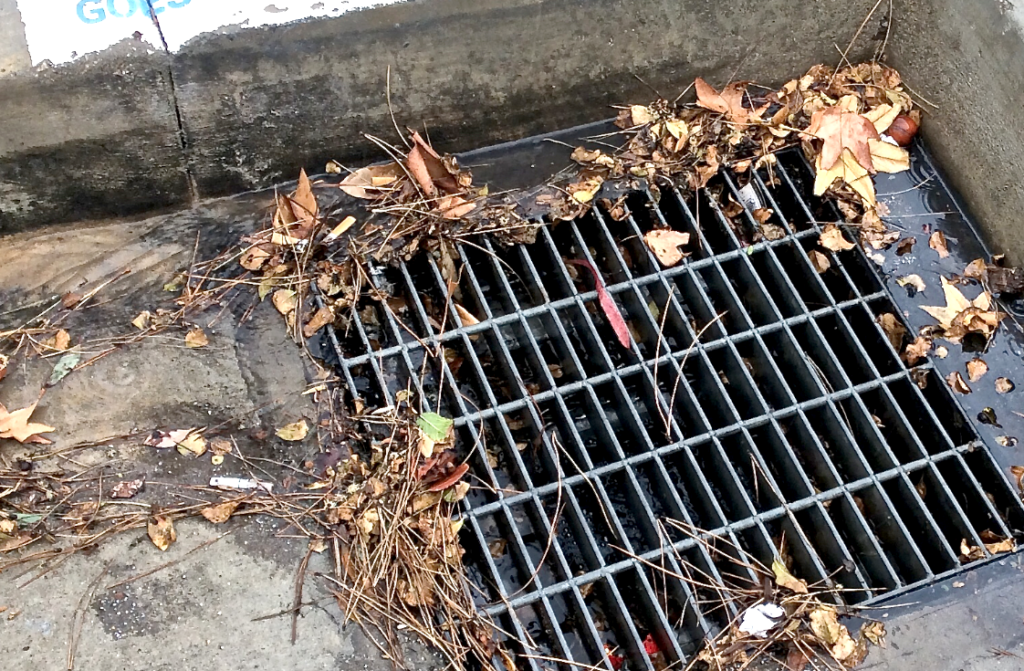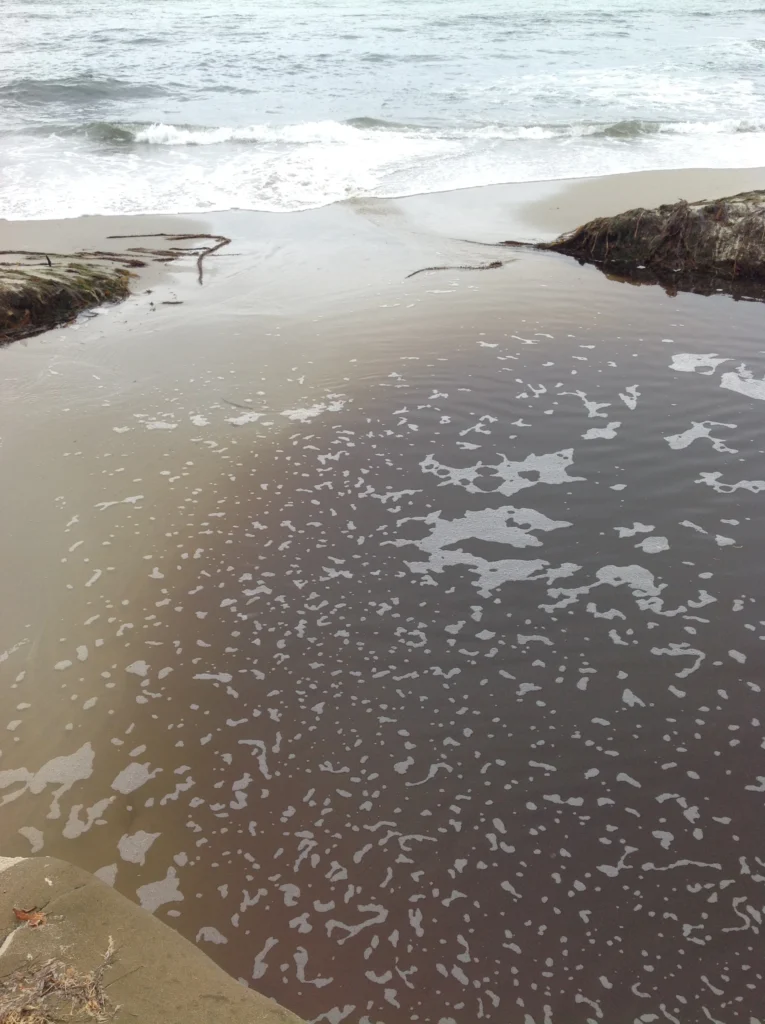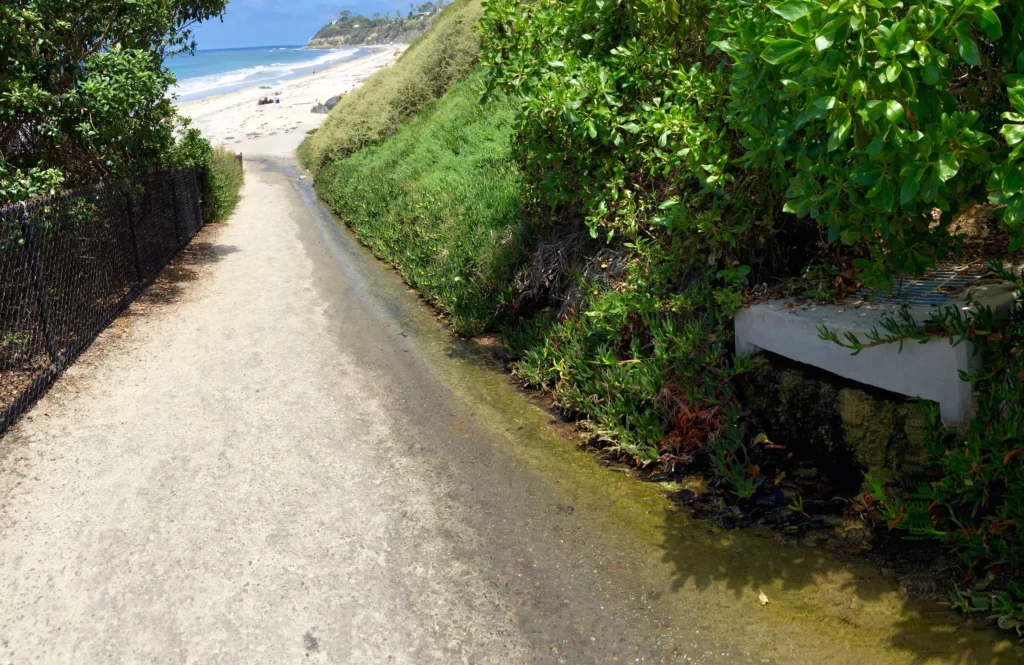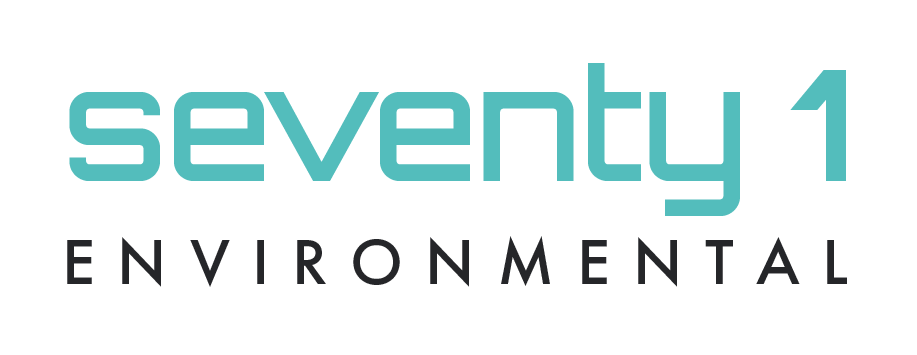Every property with a stormwater filtration system is playing a part in preventing pollution from entering the nearest creeks, rivers, bays and ocean. Without proper maintenance, these systems become ineffective in removing pollutants from stormwater. Therefore, the maintenance of each stormwater filtration unit on a property is monitored via that city’s Annual BMP Maintenance Verification process to ensure the system is functioning properly. Functional stormwater filtration systems mean cleaner waterways.



THE BMP MAINTENANCE VERIFICATION PROCESS
Stormwater Best Management Practice (BMP) is the technical term used for a stormwater filtration unit. These units, which range from drainage inserts and vaults to downspouts and detention basins, capture stormwater pollution that would have otherwise flowed to the nearest waterway. Learn more about BMPs here.
ach year, Annual BMP Maintenance Verification forms are mailed out to owners/managers of properties with stormwater units requiring routine maintenance. These forms must be completed and returned to the city by the given deadline, verifying that regular maintenance of their stormwater BMPs has taken place.
The forms identify each BMP that requires maintenance on the property. If you have received a form, it means you are required to be maintaining the stormwater system on your property.
Forms look different and deadlines vary between cities, but the process is essentially the same. Of most importance is that each BMP is serviced on a regular basis and functioning properly. Completing the forms and returning them to the city is verification that the stormwater filtration units on the property are being properly serviced. Failing to return the completed forms by the given deadline could result in a violation notice and possibly a fine issued for non-compliance. Staying on top of the compliance process keeps the city happy while keeping our streams, rivers, lakes and ocean clean.
CITY INSPECTIONS + DEFICIENCIES
City inspectors will begin visiting properties to conduct BMP inspections over the summer. Owners and managers will be informed of any deficiencies noted by inspectors on a Deficiency Notice. Keep in mind that even with a regular service program in place, deficiencies can still occur as a result of BMP damage, weather conditions or other factors. As the stormwater industry evolves each year, inspectors tend to more closely monitor each stormwater component.
If you receive a Deficiency Notice, you are given sufficient time to address any issues. The best course of action always includes close communication with the inspector so the city knows you are actively taking care of the deficiency.
HOW TO PREPARE FOR STORMWATER COMPLIANCE SEASON
1. Make sure your stormwater BMPs have been regularly serviced in the last year.
Check your records. Some cities will want the dates and details of service performed in the last year. Frequency of service depends on the type of BMP, but should be enough to keep the BMP functioning properly. Filter media should be replaced as necessary. If service hasn’t taken place, now is the time to schedule.
2. Schedule any necessary repairs or replacements ASAP.
Holding off on that outstanding repair? Now is the time to proceed. City inspectors visit properties during the dry season and will note any damages or problems on a Deficiency Notice.
3. Complete and return your BMP Maintenance Verification form to the city by the noted deadline.



